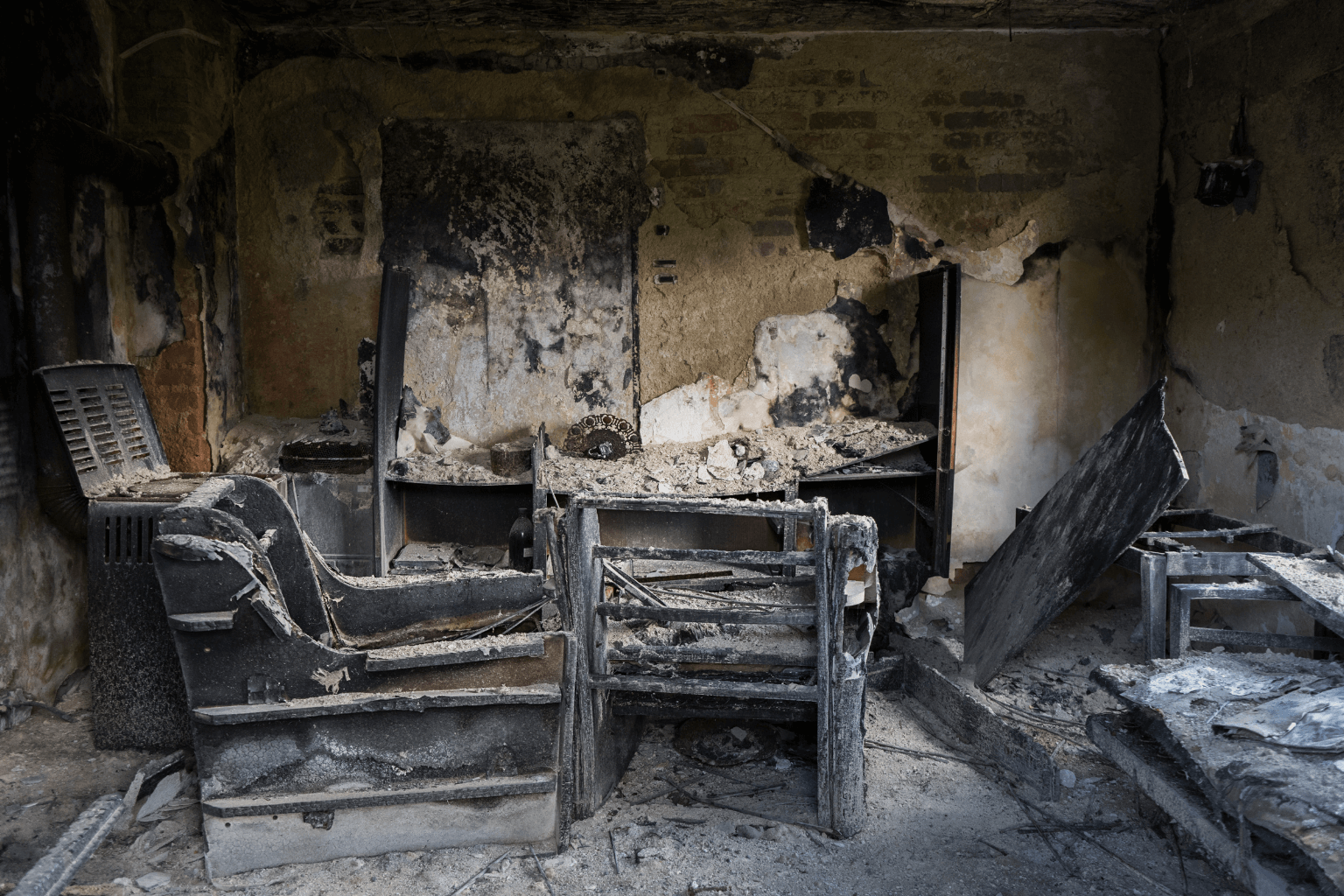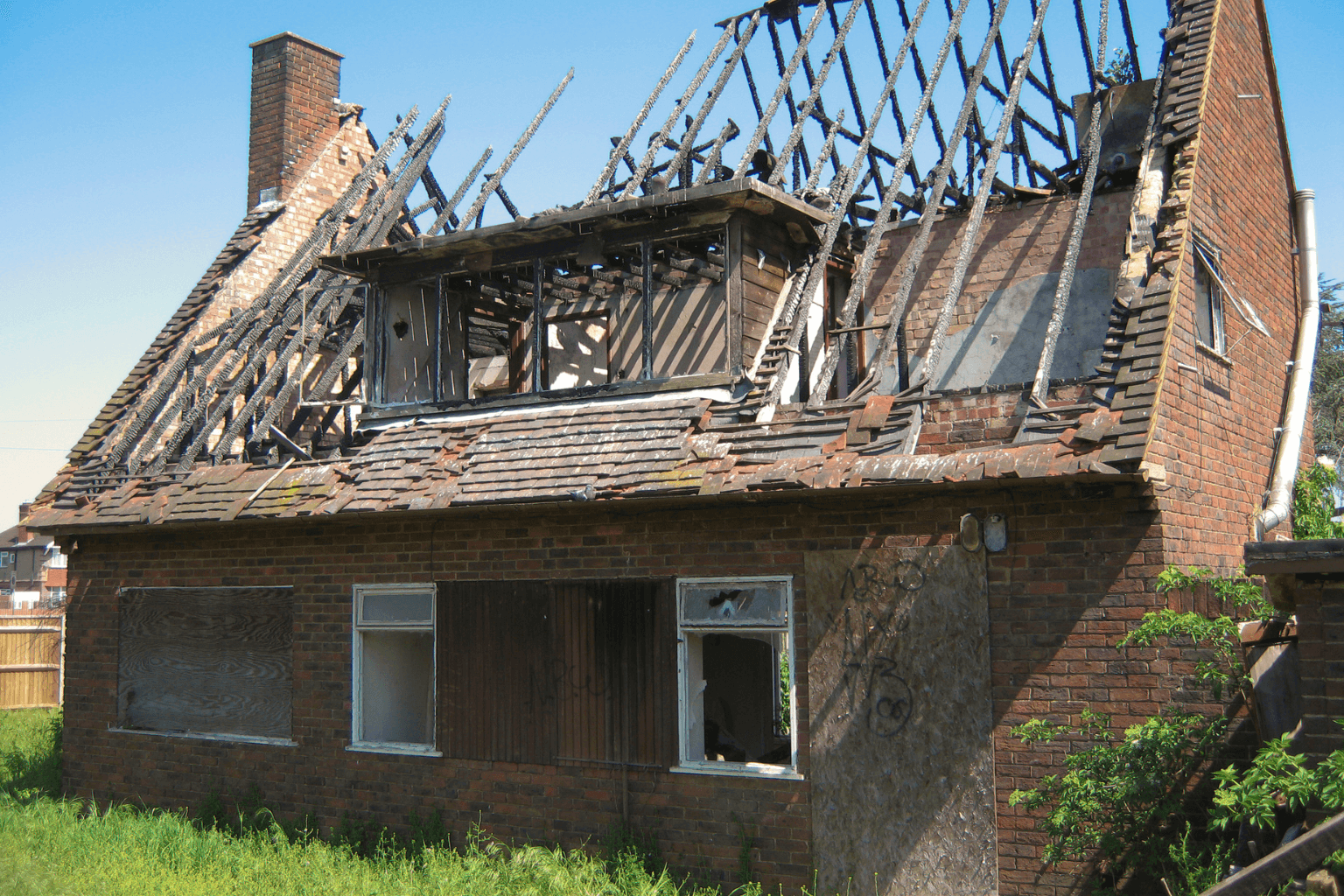Sell a House After a Fire Without Repairs: What You Need to Know
Yes, you can sell a house after a fire without making repairs. Still, you'll need to follow California's disclosure laws and take smart steps to protect yourself while attracting serious buyers. Fire-damaged homes often sell for 30–60% less than their original value, mainly when sold as-is. Still, with the right strategy, like being transparent about the damage and targeting cash buyers or investors, you can move forward without expensive restoration work.
This guide walks you through what to do, from fire damage to final deal, so that you can sell your home with confidence.
Hot Topic You Might Love: “If you're enjoying this, don’t miss our latest post — How to Sell a Fire Damaged Home Quickly. It’s getting attention and might surprise you.”
Key Takeaways
- You can sell a house after a fire without repairs by targeting cash buyers or investors.
- Expect a lower price; homes often sell for 30–60% less in as-is condition.
- Disclosure of fire damage is required under California law and builds buyer trust.
- Documenting the damage helps with insurance and sets clear expectations for buyers.
- A real estate agent experienced in distressed properties can speed up the process.

Immediate Steps After a House Fire
Acting quickly after a fire helps you preserve the property and prepare it for sale.
1. Contact Your Insurance Company
Notify your insurance provider within 24 hours to begin the claims process. This step helps cover financial losses and may provide funds for temporary housing or other needs.
2. Document the Damage
Take detailed photos and create a list of everything affected: structure, systems, and belongings. These records will support your insurance claim and provide essential context to potential buyers.
3. Get Safety Clearance
Wait for the local fire department to confirm the home is safe to enter. Once cleared, consider hiring a fire damage restoration expert to assess structural issues and health hazards.
4. Secure the Property
Protect your property from further damage or liability by locking it, boarding up broken windows, and turning off utilities.
Understand Disclosure Laws in California
If you're selling a fire-damaged house in California, state law requires full disclosure of all known issues.
Be Transparent About Fire Damage
California Civil Code §1102 requires home sellers to disclose material facts about the condition of their property, including previous fires, smoke damage, or structural issues.

Get a Professional Inspection
Even if you're not making repairs, a licensed inspector can provide a report that shows buyers precisely what they're getting. This adds credibility and may prevent legal issues later.
Know What Your Property Is Worth
A real estate agent or licensed appraiser can help you understand your home's current value in its fire-damaged condition. This gives you a realistic starting point for pricing.
Selling Options for a Fire-Damaged House
Selling a fire-damaged house without repairs may sound challenging, but you've got options:
Option 1: Sell As-Is to a Cash Buyer
Cash buyers and real estate investors often look for properties like these. They'll handle repairs themselves and usually buy the home quickly.
Pros:
- Quick closing
- No need to fix anything
- Minimal inspections or delays
Cons:
- Lower sale price—expect 30–60% below market value

Looking to sell in Sonoma County? We also buy houses in Rohnert Park, CA — fast and as-is.
Want a step-by-step breakdown? Visit our detailed guide on how to sell a fire-damaged house in California for legal tips, pricing strategies, and how to attract serious buyers.
Option 2: List with a Real Estate Agent
If you’re not in a rush, an agent experienced in distressed or fire-damaged properties may help you reach more buyers, especially those looking for a fixer-upper.
Pros:
- Broader exposure
- Potential for competitive offers
Cons:
- Longer sale process
- Buyers may ask for credits or minor repairs
Importance of Documentation and Transparency
Transparency builds buyer trust and helps you stay legally protected when you sell a house after a fire without repairs.
What to Include:
- Photos of fire, smoke, and water damage
- Repair estimates or any receipts if you started restoration
- Fire department reports and insurance assessments
- Disclosure form

Tips for Selling Your House Without Repairs
Selling a fire-damaged house might sound stressful, but it doesn't have to be.
1. Be Upfront About the Damage
Complete transparency avoids legal trouble and builds trust with serious buyers.
2. Price It Right
Discuss a fair market value for your home's as-is condition with an agent or investor.
3. Target the Right Buyers
Focus on cash buyers, house flippers, or real estate investors. These buyers understand the risks and potential rewards associated with damaged properties.
4. Use Your Insurance Payout Wisely
If you've received an insurance settlement, it can help cover closing costs or your next living arrangement.
Conclusion
Yes, you can sell a house after a fire without repairs in California. While it may feel overwhelming at first, with honest disclosure, smart pricing, and the right buyer, you can turn a challenging situation into a successful sale.
This isn’t just about letting go of a damaged home. It’s about moving toward a fresh start.





